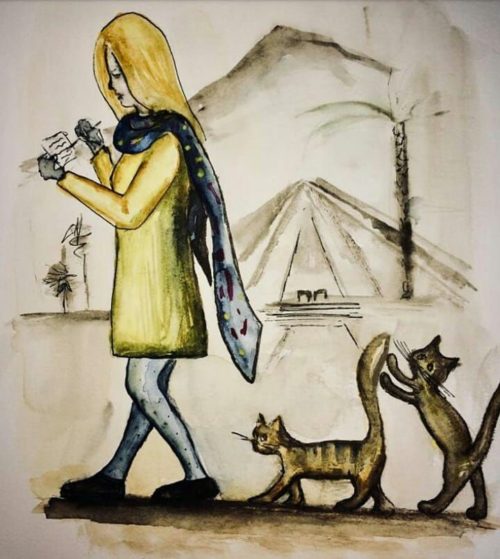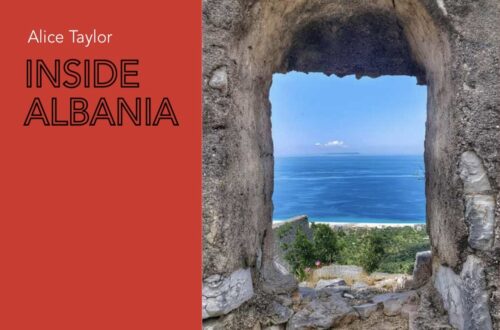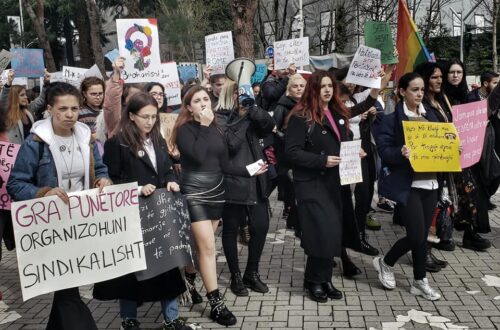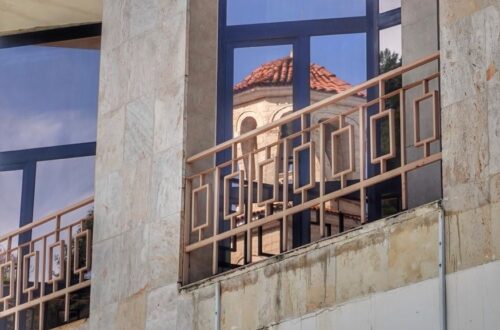For those that do not know, Lord George Gordon Byron was an English poet, peer, nobleman, politician, and a leading figure in the era of Romanticism that started in Europe towards the end of the 18th Century. Widely considered as one of the greatest British poets of all time, his work remains to this day as widely read and influential as it was when it was written. Some of his best works include Don Juan, Childe Harold’s Pilgrimage, and She Walks in Beauty. But what does this have to do with Albania? Let me tell you.
During his life, Byron travelled extensively across Europe, spending many years in Italy before joining the Greek War of Independence and fighting against the Ottoman Empire, making him a national hero in Greece. But it was his visit to Albania in the autumn of 1809 that made a true, lasting impression on him, so much so that he recalled the experience in the second canto of his poem Childe Harold’s Pilgrimage;
“Let me bend mine eyes
On thee, thou rugged nurse of savage men!
The cross descends, thy minarets arise,
And the pale crescent sparkles in the glen.”
He then documented his trip and experience of Albania in a series of letters to his mother, including a meeting with the tyrant Ali Pasha of Tepelena, otherwise known as the Lion of Janina. His first letter was sent from Prevesa on November 12th 1809 and here are some of my favourite excerpts.
“The Albanians in their dresses (the most magnificent in the world, consisting of a long white kilt, gold worked cloak, crimson velvet gold laced jacket and waistcoat, silver mounted pistols and daggers), the Tartars with their high caps, the Turks in their vast pelisses and turbans, the soldiers and black slaves with the horses, the former stretched in groups in an immense open gallery in front of the palace, the latter placed in a kind of cloister below it, two hundred steeds ready caparisoned to move in a moment, couriers entering or passing out with dispatches, the kettle drums beating, boys calling the hour from the minaret of the mosque, altogether, with the singular appearance of the building itself, formed a new and delightful spectacle to a stranger.”
“Our next conversations were of war and travelling, politics and England. He called my Albanian soldier who attends me, and told him to protect me at all hazards. His name is Viscillie and like all the Albanians, he is brave, rigidly honest, and faithful, but they are cruel though not treacherous, and have several vices, but no meannesses. They are perhaps the most beautiful race in point of countenance in the world.”
Byron found Albania a wild and intriguing place and despite the violence of the Ottomans, he was still able to see the beauty of its landscapes and inhabitants. This reflects my view that despite the problems that plague this country, there is a wealth of wonder to be discovered and celebrated.
Follow The Balkanista!



